Exclusive Interview with Victor Manibo: The Sleepless

An Interview with Victor Manibo
Journalist Jamie Vega is Sleepless: he can’t sleep, nor does he need to. When his boss dies on the eve of a controversial corporate takeover, Jamie doesn’t buy the too-convenient explanation of suicide, and launches an investigation of his own.
But everything goes awry when Jamie discovers that he was the last person who saw Simon alive. Not only do the police suspect him, Jamie himself has no memory of that night. Alarmingly, his memory loss may have to do with how he became Sleepless: not naturally, like other Sleepless people, but through a risky and illegal biohacking process.
As Jamie delves deeper into Simon’s final days, he tangles with extremist organizations and powerful corporate interests, all while confronting past traumas and unforeseen consequences of his medical experimentation. But Jamie soon faces the most dangerous decision of all as he uncovers a terrifying truth about Sleeplessness that imperils him—and all of humanity.
Victor Manibo is a Filipino speculative fiction writer living in New York. As a queer immigrant and a person of color, he writes about people who live these identities and how they navigate imaginary worlds. Aside from fiction, he also spins fantastical tales in his career as a lawyer. He lives in Queens with his husband, their dog, and their two cats. He is a 2022 Lambda Literary Emerging Voices Fellow, and his debut science fiction noir novel, The Sleepless, is out now from Erewhon Books. Find him online at victormanibo.com or on Twitter @victormanibo.
The Sleepless is a brilliant, rich, dark story that brings classic noir sensibilities to a futuristic setting. How did the futuristic setting of this book change your approach to mystery?
Setting this story in 2043 meant that I had to consider tech and how it would impact the investigative work our lead character does—how he collects information, how he communicates with others, how he goes from Point A to Point B. A lot of classic mystery stories might have arrived at a quicker solution if cell phones or surveillance cameras or the Internet existed, and so the level of technology in the future was always on my mind. The good thing is it’s not so far into the future, so it was fairly easy for me to extrapolate from where we are now.
From the outset, The Sleepless is a mystery. Our protagonist, Jamie Vega, investigates through a journalistic lens. How did this approach to mystery inform the story you wanted to tell?
I’ve always enjoyed amateur detective stories and I wanted to write a mystery that didn’t center on a cop or a private eye, so in terms of plot, making Jamie a reporter gave him access to investigate a crime. It was easy for him to snoop around and interview witnesses, even though that might be ethically dubious, given his personal involvement in the case.
Telling the story from the point of view of a journalist also allowed me to comment on the 24-hour news cycle, and the erosion of press freedom that comes with consolidations and monopolies. Because the central mystery is so intertwined with Jamie’s job, it also let me explore the broader themes of the book, like one’s relationship with work. The story also deals with memory and the act of recording, something that is a big part of his identity as a reporter.
Anyone who has stayed up all night has experienced how disorienting the addition of extra conscious time can be. You uniquely use that disorientation to anchor the destabilizing concept of missing time. How does time inform your understanding of narrative?
One’s experience of time is such a fertile ground for stories. How fast or slow do things come to pass, how immediate or distant do past experiences seem to feel…it’s something that I think about a lot, especially as it relates to memory.
Because we are in the point of view of someone who doesn’t sleep, I wanted to structure the story in a linear way—with time stamps and all that—but infuse it with that sense of disorientation that happens when the subjective experience blurs with objective reality. Sometimes Jamie feels like time is not at all passing, sometimes he feels like he’s running out of it.
And that’s how it is with memory too; we recall facts about things as they are, but that’s never independent of our subjective view and experience of it. As closely as possible, I wanted this story to portray how those two things overlap, and the complications that arise when someone can’t trust his memory.
One aspect of The Sleepless that fascinates me is the way society in the book reacts to what some call a superpower, and what could also be framed as a hypercapitalist disability. Sleeplessness offers a fundamental change to human form and function as it's typically understood, but it's a change that allows people to engage more with capitalist productivity culture, consumption, and work. What made you want to explore this particular tension?
This story grew out of a what-if question I asked myself during a particularly busy time in my life. What if I didn’t need to sleep? Would I get more stuff done? How would such a change impact me, personally? The thought experiment was hard to contain to the individual level, and when I expanded the what-if to the world at large, it really raised some interesting questions. That’s when I felt like I needed to write it all out.
We’re living in an interesting time where more and more people are taking more control regarding their place in our capitalistic society. People are “quiet quitting”; it’s the age of “The Great Resignation”; there’s an increasing frequency of success stories in labor organizing, and there’s a record number of socialists in Congress. I wanted this story to be in conversation with what’s going on in the world, to interrogate why and how we participate in capitalism.
Those who don't sleep are extra-productive - but their consumption increases proportionally as well. This book includes a thoughtful, honest examination of the economic and environmental impact of that balance. What do you hope readers take away about the relationship between work and consumption?
I hope readers come away from the book with more questions than answers. Why do we work? What is it for? Why do we show up to our jobs and chase that paycheck? For many, it is mainly a matter of survival; we need money for food and rent. For some it is also about accumulating things and gaining access to experiences. I’m not saying consumption is bad, but it is something that might not get as much attention as it needs. We often hear, there is no ethical consumption under capitalism; I want readers to ask something that I myself am asking, which is—why isn’t there? And what do we do then?
One of my favorite aspects of The Sleepless lies in the ongoing messiness of the relationships. The characters you've written here are constantly navigating a shifting landscape of interpersonal conflict, desire, and complex histories. What draws you to complexity in the relationships you write?
I’m drawn to complex relationships for the same reason I’m drawn to people. When I encounter another human being, I often wonder, what’s their story? When I’ve had the opportunity to find out, i.e. in my own personal interactions, I’ve always discovered something fascinating, maybe something uncomfortable, but definitely something that widens my view of the world.
I think every person is complex, and so every relationship they have will be with another being who is equally complex. When I read a story that depicts that really fleshes out that complexity, I feel more connected to the characters. It feels more real, and I get that wider view of the world. That’s what I aim to do when I tell my own stories.
What do you love about writing?
I love how it is a process of creation that allows me to explore myself and the world and my place in it. I love that I get to create stories that capture this moment in time, regardless of whether they’re set in the past or in the future or in the now. I love that, if fortunate, what I create gets read by someone else, and I get to connect with that someone. And if I’m really fortunate, that someone derives some insight and some joy from it.
Add The Sleepless to your tbr here. Pre-order it from your local independent bookseller, or order it via Bookshop.org to support independent booksellers throughout the US and the UK. For international shipping, you can try Barnes & Noble. If you prefer audiobooks, here’s a Libro.fm link. You can also request The Sleepless from your local library — here’s how to get in touch with them. And if you need to order from the Bad River Website, here’s a link that will leverage your order for good.
In the meantime, care for yourself and the people around you. Believe that the world can be better than it is now. Never give up.
—Gailey

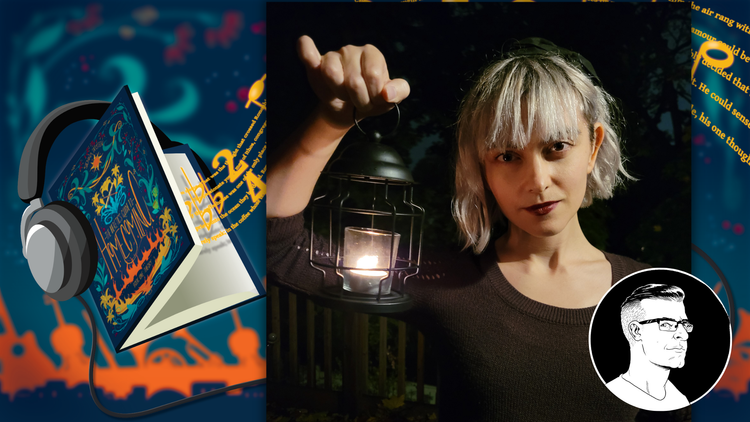
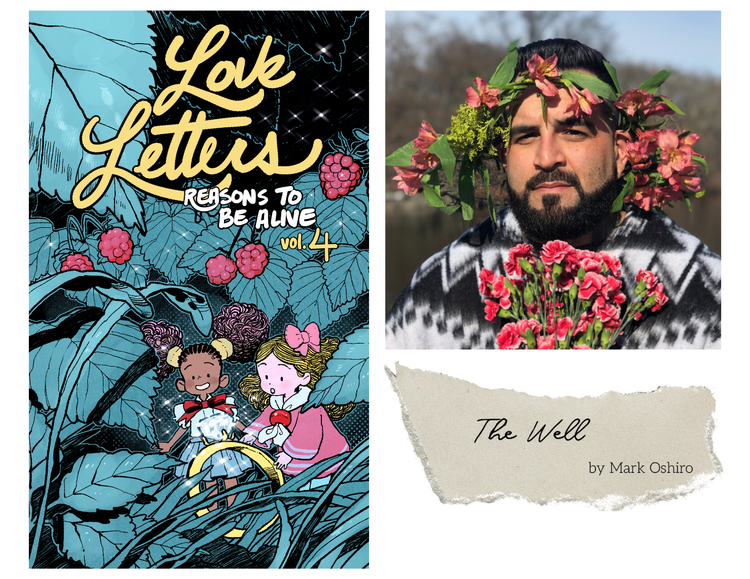
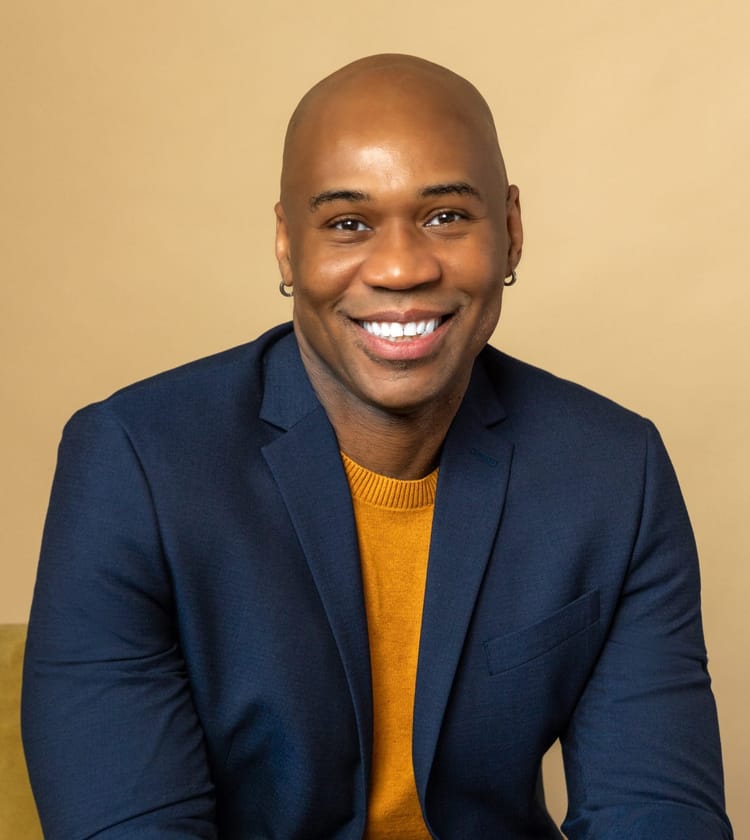
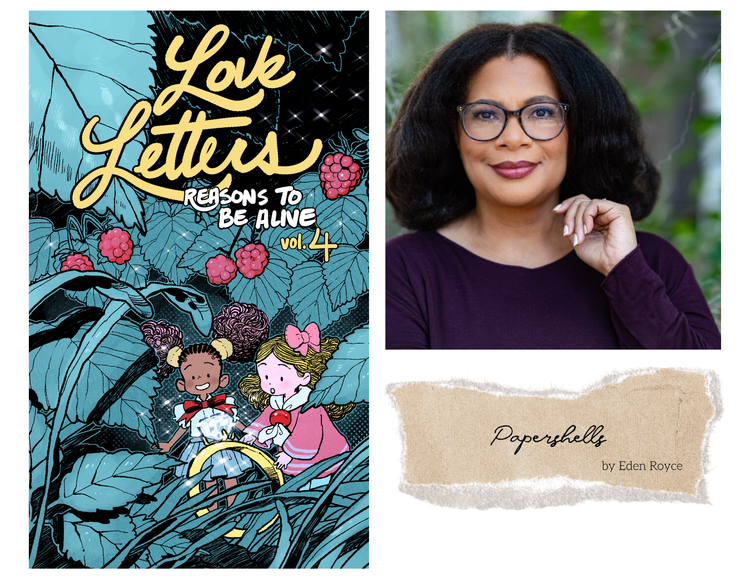
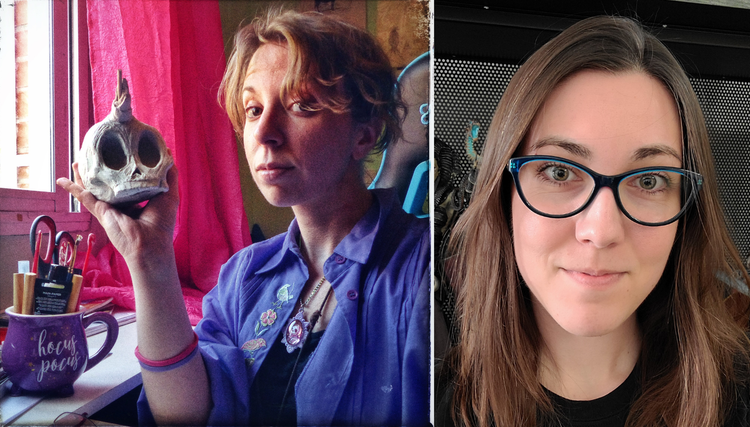
Member discussion